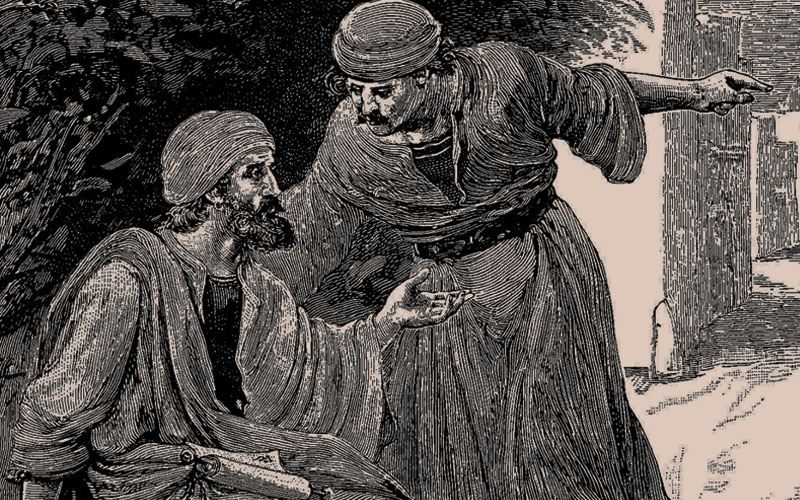𝗠𝗮𝗿𝗸 𝟭:𝟭𝟰-𝟭𝟱 𝗡𝗼𝘄 𝗮𝗳𝘁𝗲𝗿 𝗝𝗼𝗵𝗻 𝘄𝗮𝘀 𝗮𝗿𝗿𝗲𝘀𝘁𝗲𝗱, 𝗝𝗲𝘀𝘂𝘀 𝗰𝗮𝗺𝗲 𝗶𝗻𝘁𝗼 𝗚𝗮𝗹𝗶𝗹𝗲𝗲, 𝗽𝗿𝗼𝗰𝗹𝗮𝗶𝗺𝗶𝗻𝗴 𝘁𝗵𝗲 𝗴𝗼𝘀𝗽𝗲𝗹 𝗼𝗳 𝗚𝗼𝗱, 𝗮𝗻𝗱 𝘀𝗮𝘆𝗶𝗻𝗴, “𝗧𝗵𝗲 𝘁𝗶𝗺𝗲 𝗶𝘀 𝗳𝘂𝗹𝗳𝗶𝗹𝗹𝗲𝗱, 𝗮𝗻𝗱 𝘁𝗵𝗲 𝗸𝗶𝗻𝗴𝗱𝗼𝗺 𝗼𝗳 𝗚𝗼𝗱 𝗶𝘀 𝗮𝘁 𝗵𝗮𝗻𝗱; 𝗿𝗲𝗽𝗲𝗻𝘁 𝗮𝗻𝗱 𝗯𝗲𝗹𝗶𝗲𝘃𝗲 𝗶𝗻 𝘁𝗵𝗲 𝗴𝗼𝘀𝗽𝗲𝗹.”
Mark 1 covers a lot of history of Jesus’ life in just a few verses, but this statement from the Lord at the beginning of his ministry is both terse and deeply engaging.
The time being “fulfilled” provides the historical context for the life and ministry of Jesus. It happened exactly when God determined it would, and all things were set in place. From the dire spiritual state of the nation of Israel to the rule of Rome, with all the roads and travel lanes that had opened, the point of Jesus’ entry onto the scene was ordained.
The kingdom of God being “at hand” announced what was now available through Christ. Humankind would be touched as never before with miracles, teaching and opportunity to walk out lives directed and blessed by God the Father in Heaven. “It’s right here” says Jesus, come and get it.
There is no translation of the Greek word for gospel – εὐαγγέλιον (pronounced euangelion) – means anything gloomy or burdensome. It simply means good (“eu” prefix) news or message (angelion). Jesus repeatedly urges people to believe it – that there is good will from God for them in life – both to save and restore and give hope and a future. It makes all the difference in how people live.

Coupled with the word for “gospel”, “repent” – meaning turn and go the other way – refers to mindset and faith that is “bad news” or at least laced with that. Rather than thinking about this sin or that, the call is to change our minds and believe that God loves and cares for us. All other actions and thoughts related to believing the bad news simply fall away – though some certainly die hard.
Let me then believe, practice and thus preach the good news where and when God enables and opens the door. He loves me and loves us and wants the best for us.








